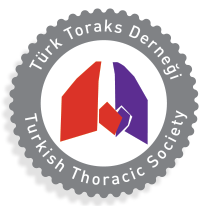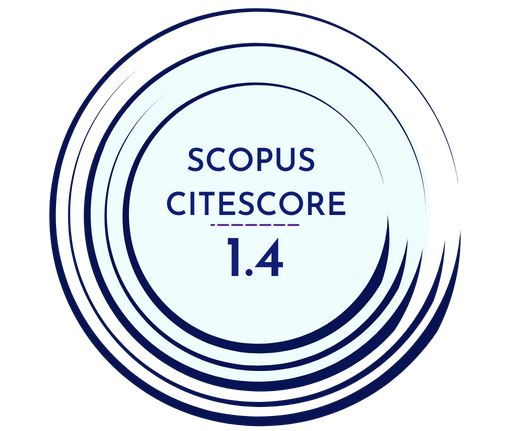Abstract
OBJECTIVES: This study aimed to investigate the association of diffuse splenic F-18 fluorodeoxyglucose (FDG) uptake on positron emission tomography/computed tomography (PET/CT) with tumor maximum standardized uptake value (SUVmax), presence of distant metastases, and hematological and inflammatory parameters.
MATERIAL AND METHODS: Initial FDG PET/CT of 15 lung cancer patients with diffuse splenic FDG uptake were retrospectively analyzed (Group 1). Twelve patients who recently underwent FDG PET/CT for histopathologically proven lung cancer were enrolled as the control group (Group 2). All 27 patients had hematological data, including C-reactive protein (CRP) level, within 5 days before or after PET/CT. To determine SUVmax, the region of interests included the tumor, liver, spleen, and iliac crest. The possible associations between the spleen/liver (S/L) and bone marrow/liver (BM/L) ratios and tumor SUVmax, presence of metastasis, and hematological parameters were evaluated.
RESULTS: The S/L ratio and hemoglobin (Hb) levels were different between the two groups (p=0.000 and 0.05, respectively). The number of patients with anemia were significantly higher in Group 1 than in Group 2 (p=0.02). Although mean Hb levels were different between the two groups, there was no correlation between Hb levels and S/L ratios. There was no significant difference between the two groups with respect to the numbers of patients who had an accompanying infection site. Only CRP levels were correlated with S/L ratios in Group 1 among various other parameters (r=0.559, p=0.05).
CONCLUSION: Our results suggested that inflammation degree correlated with increased splenic FDG uptake in lung cancer patients and was enhanced by anemia. Systemic inflammation and anemia could be important causes of diffusely increased splenic FDG accumulation on PET/CT examinations of lung cancer patients.



.png)
